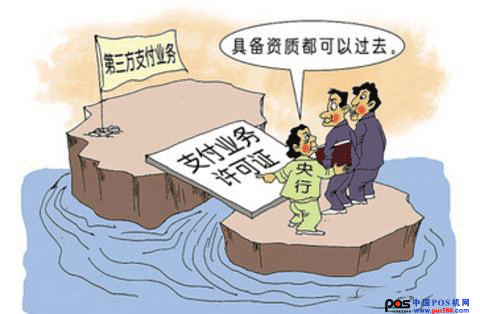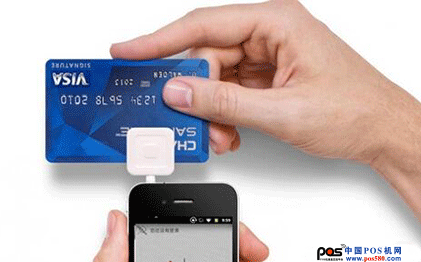During this period of time, when a netizen contacted me personally, I didn't know much about the concept of some terminology in our POS industry. Xiaobian explains these technical terms in a simple way:
Payment license: Also known as the payment business license, the non-financial industry qualification certificate issued by the People's Bank of China will have a payment license as long as it is a regular payment company.

Clear: It means that UnionPay, the bank or the payment company directly clears the transaction amount to the merchant's collection account. The funds are not passed through other channels. The payment company here must have a relevant payment license.
Erqing: The transaction amount is first liquidated to the agent account of a company, and then the company is liquidated to the account of the merchant. The danger of the second cleaning machine is large and it is not recommended.

Transaction purchase order: commonly known as small ticket, the printing paper that will appear after the POS machine swipes, need to be signed by the card holder. In duplicate, one merchant keeps one and one gives the cardholder.
MCC code: is a series of identification codes set by the payment institution according to the merchant's industry, business scope and region, that is, the merchant label on the small ticket. The merchant number is 15 digits: organization code (3 digits) + area code (4 digits) + merchant type (4 digits) + merchant serial number (4 digits).
Public welfare categories: The industries to which POS machines belong are public welfare type organizations or basic public welfare services, such as charitable organizations, public hospitals, public schools and other public welfare organizations.
Preferential categories: The industries to which pos machines belong are industries in the convenience category, such as large-scale commercial supermarkets, electrical appliances, chain convenience stores, ticketing agents, and insurance industries.
Standard categories: retail stores and small food and beverage outlets in general market categories, such as snack bars.
Jump code: refers to the situation in which the payment institution will switch the card to the industry for the higher income or business needs, and the background of the standard class should be transferred to the public welfare or preferential category.
T+1: It means that the POS machine arrives at the account on the second business day.
T+0: It means that the time when the POS machine arrives is arrived on the same day.
Issuer: The bank to which the card being debited is used in all types of transactions.
Acquiring bank: A bank that redeems cash in an inter-bank transaction or signs a contract with a merchant to settle interbank transaction funds and directly or indirectly transfer the transaction. That is the bank that collects the account.
Hand brush: Also known as mobile phone card reader, it is an external card reader, mainly for reading magnetic stripe card and chip card information. It is currently used to connect to mobile phone swipe cards.

+3 of 0.6+3 in the rate: At present, it mainly refers to the fee charged by the hand brush and the card-free payment for each additional 3 yuan or 2 yuan, for example, you need to brush 10,000 yuan The fee is 3 yuan + 60 yuan, and the fee for brushing 100 yuan is 3 yuan + 0.6 yuan.
Ordering: initiated by UnionPay, the issuing bank or the payment company, allowing the merchants to which the POS machine belongs to provide an action such as a transaction purchase order and transaction vouchers, invoices, and the like.
The words mentioned above are only for the meaning of the payment environment, and there are many professional terms. If you want to know, you can leave a message or a private letter. I will tell me those professional words. I will reply you in the first time, and then publish it.
Flower Stand,Solid Wood Flower Stands,Solid Wood Plant Stands,Beautiful Flower Stand
Hebei Rukai Furniture Co. , Ltd. , https://www.wyrukaifurniture.com